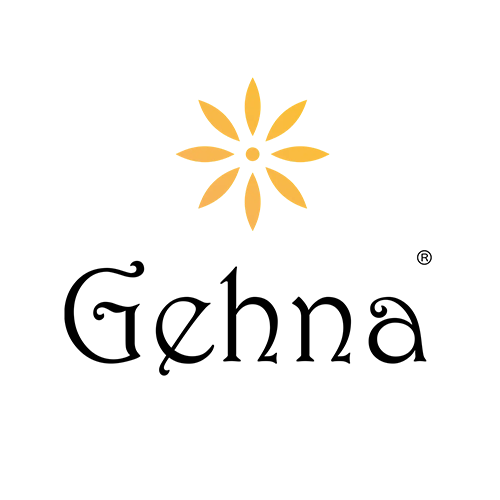A robust card for small businesses
Empower your micro-enterprise with a debit card that understands your venture's unique needs. The MUDRA initiative aims to bolster the micro-industries with this special, secure debit card.
Key features
Designed to meet the working capital needs of micro-enterprises and individuals
Enjoy secure ATM withdrawals and merchant banking
Stay protected with enhanced security and protection against fraud
Banking that rewards you
Discover our special and exclusive offers made for you
24-hour emergency helpline
To block your card or avail assistance, call
+91 802 202 1500
Block your DEBIT CARD through SMS
Send an SMS to +91 988 065 4321
BLOCK XXXX
XXXX is the last 4 digits of the debit card number

Explore other options for you
Got questions? We’ve got answers.
As per Micro Units Development and Refinance Agency Ltd (MUDRA) guidelines, this card is designed to support the working capital needs of micro-enterprises. Issued by Rupay payment, micro-entrepreneurs who have obtained working capital loans up to ₹10,00,000 under the Pradhan Mantri Mudra Yojana (PMMY) can obtain this card to manage funds for trading, service, and manufacturing activities.
KBL MoneyPlant RuPay MUDRA Debit Card holders can withdraw up to ₹25,000 per day at all ATMs, with a daily Point of Sale (POS) limit of ₹75,000 at merchant establishments, subject to available account balances.
If you have lost your debit or credit card, or if it has been stolen, you should immediately report the incident to Karnataka Bank to ensure your account's security. You can send an email to info@ktkbank.com detailing the situation. Alternatively, you can call our toll-free customer numbers at 1800 425 1444 or 1800 572 8031. Prompt reporting is crucial to prevent any unauthorized transactions and to secure your account.
Your card will be automatically activated for payment transactions at merchant outlets within 24 hours of your first cash withdrawal transaction at any MoneyPlant ATM or NFS ATM.
Yes, you can generally use your debit card at any ATM. However, using an ATM outside of your bank's network may incur additional fees. Some banks have agreements with other networks for fee-free withdrawals, so it's best to check with your bank for specifics.
A debit card allows you to spend money by drawing on funds you have already deposited in your bank account. In contrast, a credit card lets you borrow money up to a certain limit for purchases, which you'll need to repay with interest if not paid in full by the billing cycle's end.
SMS banking with debit cards typically involves receiving automatic text alerts for transactions made with your card. It can include alerts for withdrawals, purchases, or any other card activity. This service helps in monitoring transactions and quickly detecting any unauthorized use.
An RFID (Radio Frequency Identification) chip in a debit card allows for contactless payments. It uses radio waves to communicate with a card reader when the card is held close to it. This technology enables faster and more convenient transactions without the need to insert the card into a reader.
The CVV (Card Verification Value) is a 3 or 4-digit code on your debit or credit card, used as an additional security measure for online or phone transactions. It helps verify that the card is in the physical possession of the person making the transaction.
To download the KBL Mobile Plus app, visit the Google Play Store or Apple App Store on your mobile device. Search for 'KBL Mobile Plus' in the store, select the app published by Karnataka Bank, and click 'Install' to download it onto your device.
Debit cards provide direct access to your bank account funds, making it easy to manage everyday transactions. They are a safer and more convenient alternative to carrying cash. Debit cards also often come with features and benefits such as reward points, transaction discounts, and offers on various products and services. The different types of bank cards vary, allowing to choose what suits you best.
For credit cards, the interest rate, typically higher due to their unsecured nature, is applied to balances carried beyond the payment due date. Understanding the APR (Annual Percentage Rate) and the interest-free period is crucial for credit card users. Debit cards, however, do not incur interest rates as they utilize funds already in your account. Some banks offer incentives or cashback on debit card transactions, adding a savings element to your spending.
Do monitor your account regularly to keep track of transactions and spot any unauthorized activity quickly when you apply for a debit card. Use secure networks for online transactions. Don't share your card details or PIN with anyone. Be cautious while using your card at ATMs or POS terminals.
Bank cards have become an essential tool in our financial toolkit, offering various forms of convenience and benefits. The most common types include debit cards, which provide direct access to your bank account funds for everyday purchases and ATM withdrawals. Credit cards offer the flexibility of deferred payments, often accompanied by rewards, cashback offers, and a means to build credit history. For controlled spending, prepaid cards are ideal as they limit expenditure to the amount loaded on the card. Business cards cater specifically to the needs of companies and entrepreneurs, streamlining expense management and often offering higher credit limits and detailed spending reports.






















